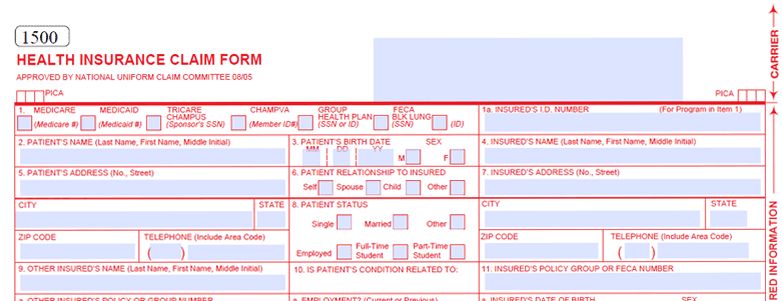
Desktop, Laptop, Tablet, Hybrid?
In my private practice consulting work, I’m often asked by mental health professionals which type of computer they should get. It wasn’t that long ago that the choices were simple.

In my private practice consulting work, I’m often asked by mental health professionals which type of computer they should get. It wasn’t that long ago that the choices were simple.

We’ve probably all done it. Signed a contract or checked an “I agree to the terms and conditions” box on a web site without a thorough reading of the terms. I’ll readily admit that I’ve done it dozens of times. There are certain instances, however, when it’s imperative that we read through such agreements.

Many of us are concerned, even wary, about what health insurance companies do with the medical data they collect about us and our clients. What’s perhaps even more concerning is the prevalence of such data being used, traded, and sold by other entities, including some EHR (Electronic Health Record) vendors.

No one can say that you don’t have to be on your toes to keep up with changes in the field of mental health. 2013’s big changes included new CPT codes and the DSM-V. This year’s will include ICD-10 and the latest stage of implementation of the Affordable Care Act, also known as Obamacare.

One of the top concerns I hear expressed about keeping electronic records in a cloud-based system are the ongoing monthly costs.